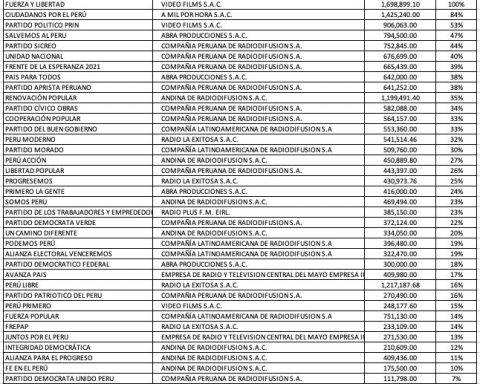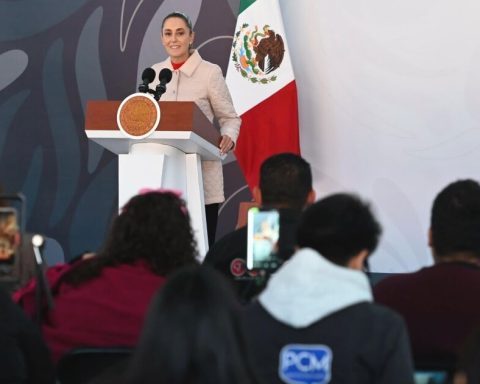Long considered a chance for tranquility, retirement is far from representing rest for many Brazilians. Whether out of necessity or by choice, the number of retirees who remain in the job market has grown in recent years.
According to the most recent version of the Continuous National Household Sample Survey (Pnad Contínua), by the Brazilian Institute of Geography and Statistics (IBGE), at the end of June there were 32.24 million people over 60 years old in the country. Of this total, 7.08 million were still working.
If you work with a formal contract, the retiree has the Severance Indemnity Fund (FGTS) deposited every month by the employer. In most cases, it is necessary to wait for the end of the employment contract and follow the rules of other formal workers. In only one situation is it possible to withdraw the money monthly.
The monthly withdrawal can be made when the worker retires and continues to work in the same company. From the moment of retirement, every month the employee will be entitled to withdraw deposits in the FGTS account.
If the retiree changes jobs, he will only be entitled to withdraw the FGTS at the end of the employment contract, as is the case with other workers. The other withdrawal possibilities are maintained, such as the purchase of real estate and serious illnesses.
birthday withdrawal
It is also possible to join the birthday withdrawal and withdraw a part of the balance every year, in the month of the birthday. The worker, however, must be careful. By withdrawing a portion of the FGTS each year, he will no longer receive the amount deposited by the company if he is dismissed without just cause. Only the payment of the 40% fine in these situations is maintained.
Rights and duties
Upon retirement, the private sector worker does not need to resign or inform the employer of retirement. The exception is employees of state-owned companies, who are automatically fired after retirement, as determined by the Social Security reform.
In relation to the end of the employment contract, the retiree who is fired has the same treatment as other workers. He will receive prior notice and, in case of dismissal without just cause, he will be entitled to a fine of 40% on top of the balance in the fund account and, if he has not joined the birthday withdrawal, the deposits made by the company during the term of the contract. .
If rights remain the same as workers, duties do not change either. The retiree who works with a formal contract will also have the contribution to the National Social Security Institute (INSS) deducted from the payroll. The difference is that the amounts collected for Social Security will not generate new retirementas decided by the Federal Supreme Court in 2020. If the retiree works as a self-employed or individual micro-entrepreneur, he must also pay Social Security, as established by law.
















